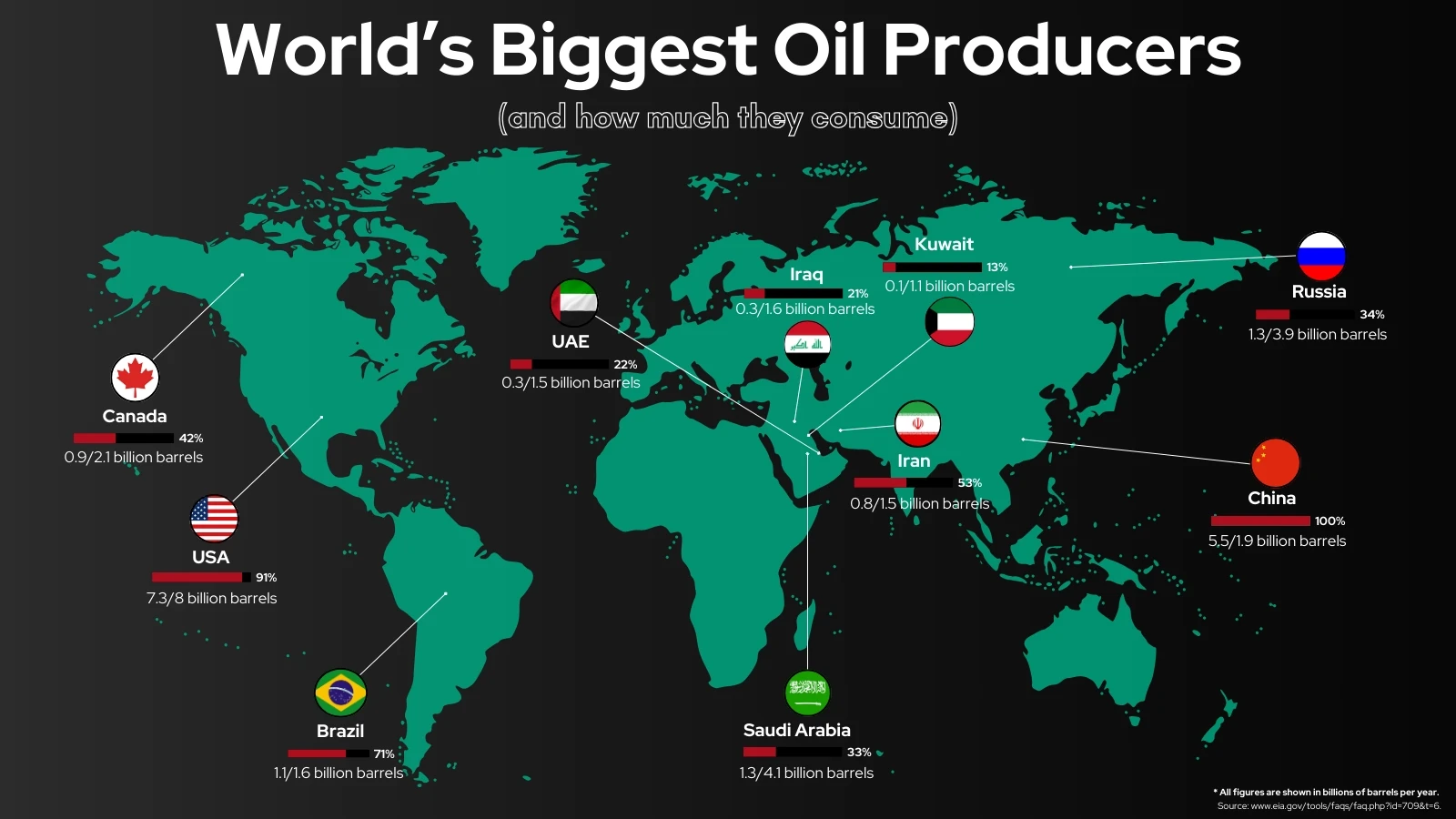Energy Independence: Challenges and Solutions
Article
Oct 22, 2024
Energy, like oil and natural gas, is a key component to ensuring national security and economic stability. Some countries, however, heavily rely on imported energy from foreign nations. This reliance presents a threat in the event of supply cuts or geopolitical tensions and conflict. To no longer face that risk, it is imperative to have the independence of a nation’s energy by having access to it within the country’s borders.
The Importance of Energy Independence
The importance of being independent in a nation’s energy production ties to the need for energy itself. Ukraine, one of many countries that is dependent on natural gas provided by Russia, has faced many winters where their gas supply was cut off due to ongoing disputes with Russia. This problem is not isolated to Ukraine, either, as it was noted that Russia provided, at the time, one-third of the entirety of the European Union’s natural gas. By having energy independence, however, this security risk of being reliant on Russian natural gas supplies would no longer be imminent for Ukraine or other countries in the EU.

Japan is another country that is heavily reliant on imported energy, with ninety-four percent of its primary energy supply being imported. Because of this reliance, Japan is in a vulnerable position due to its lack of energy production in its own borders; since the nation is on an island, Japan’s dependency on imports puts them at a greater risk of suffering supply cuts. However, Japan is also making moves to diversify its energy supply within its borders, as diversification of the types of energy used in the country can then help relieve some of the pressure on needing imported energy.
Strategies for Energy Independence
In order to achieve energy independence, there are three major strategies:
Expanding Domestic Production: By expanding energy production within national borders, nations are then able to ensure consistent access to energy production without entirely relying on imports
Investing in Renewable Energy: Renewable energy has many benefits, such as lower energy costs, reduced carbon emissions, and increased reliability and reassurance of the power grid. Investing in such energy is an important strategy for a nation looking to become independent in its energy production.
Building Strategic Reserves: It is not enough for a nation to produce its own energy, but to build strategic reserves of it. By building these reserves, nations are then capable of safeguarding themselves in the face of events like natural disasters or geopolitical conflicts, as they will be able to provide energy to their country without relying on imports.
Some countries, such as the United States and Norway, have already implemented and benefited from strategies like these. By securing energy production for a nation, that nation can then secure a bright future for themselves, as their national security will no longer be at risk due to imports and their economic stability will flourish.
On this page




